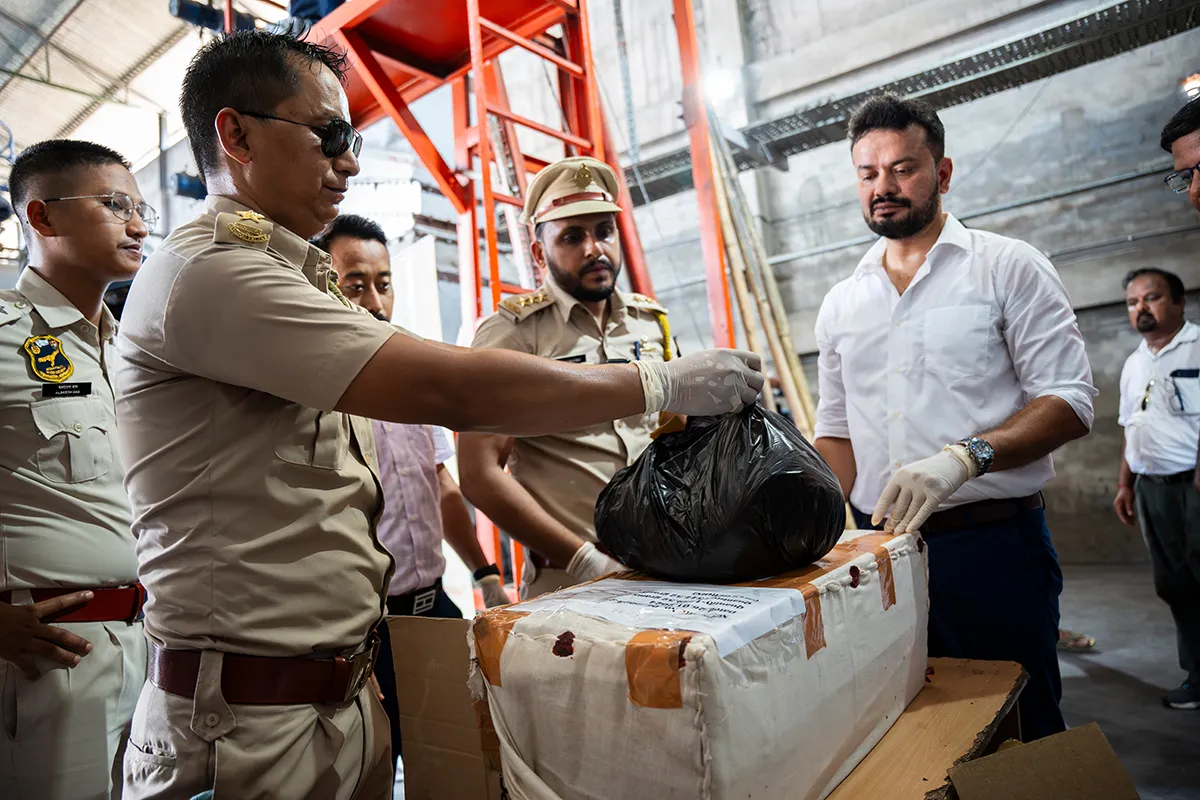The U.S. federal government has various programs for ensuring the government continues to function in times of crisis. The Continuity of Operations Planning (COOP) program, led by the Federal Emergency Management Agency (FEMA), prescribes ways for federal agencies to ensure that they can accomplish their mission-essential functions during disasters and emergencies. Every federal agency is required to have plans, training, exercises and policies to support their mission-essential functions under any condition.
The COVID-19 pandemic posed unique COOP planning and implementation challenges. Agencies used their COOP Pandemic Annexes to implement COOP tactics (e.g., telework and alternate locations, reduction in scope of the work) and used COOP language describing how to maintain organizational resilience, workforce protection and continuity of programs. An informal survey of continuity managers told an important story: there are big inconsistencies in how agencies implemented COOP during the pandemic. Many agencies stepped up their traditional COOP training, but in some cases this further confused staff, as that training focuses on one of the most important elements of traditional COOP: relocation of certain staff and a shift in focus from daily activities to the agencies’ mission-essential functions. Traditional COOP assumes that government workplaces are destroyed, but the COVID-19 pandemic presented a different challenge. COVID-19 did result in a massive relocation of federal workers—to their homes. Some employees did not know if they were operating under a formal COOP activation or some other condition. Most agencies continued with their statutory missions, functions and programs and did COVID-19 response work. Meanwhile, they increased their monitoring of events that could trigger a formal COOP activation. There is a gray area between COOP program implementation in a disaster like COVID-19 and “traditional” formal COOP implementation. Part of the gray area is how COOP is defined in the context of a sustained incident with no effect on physical infrastructure. Defining this limited COOP is the critical first step in ensuring that COOP practices are a daily activity, rather than an extraordinary action.



